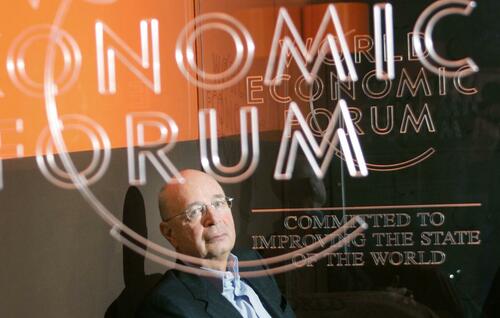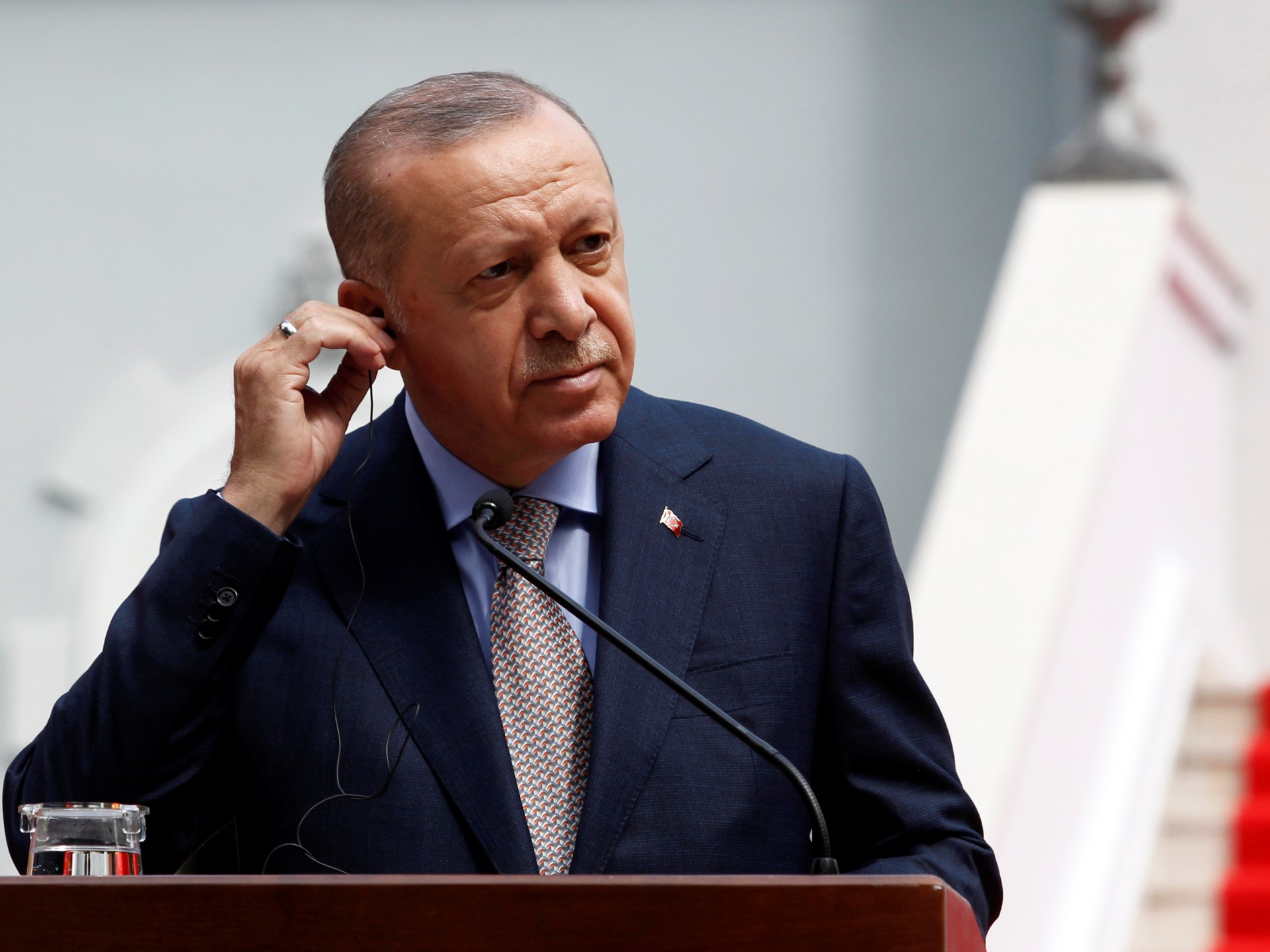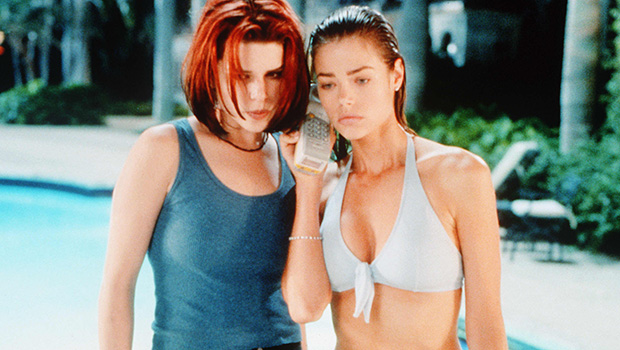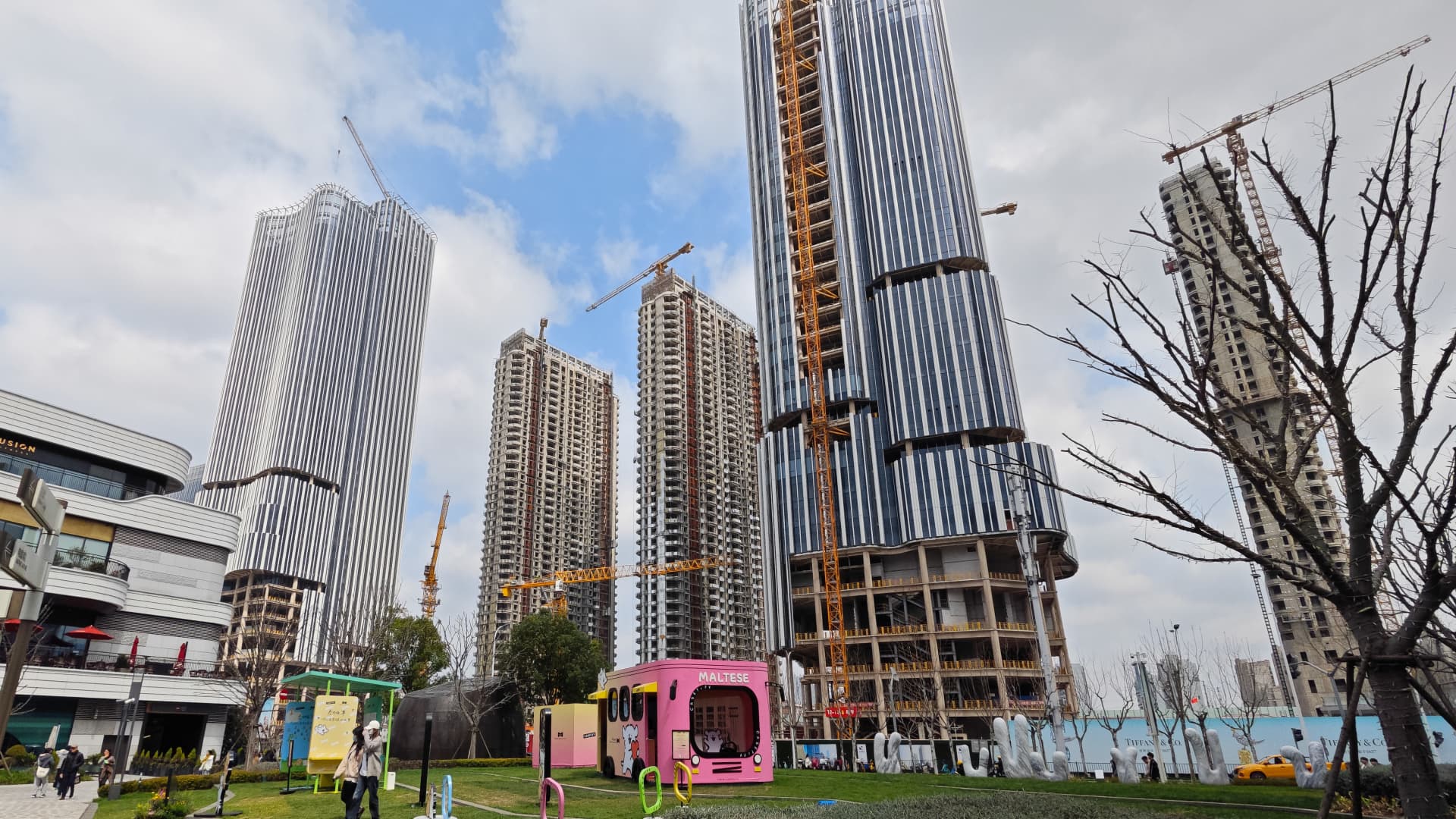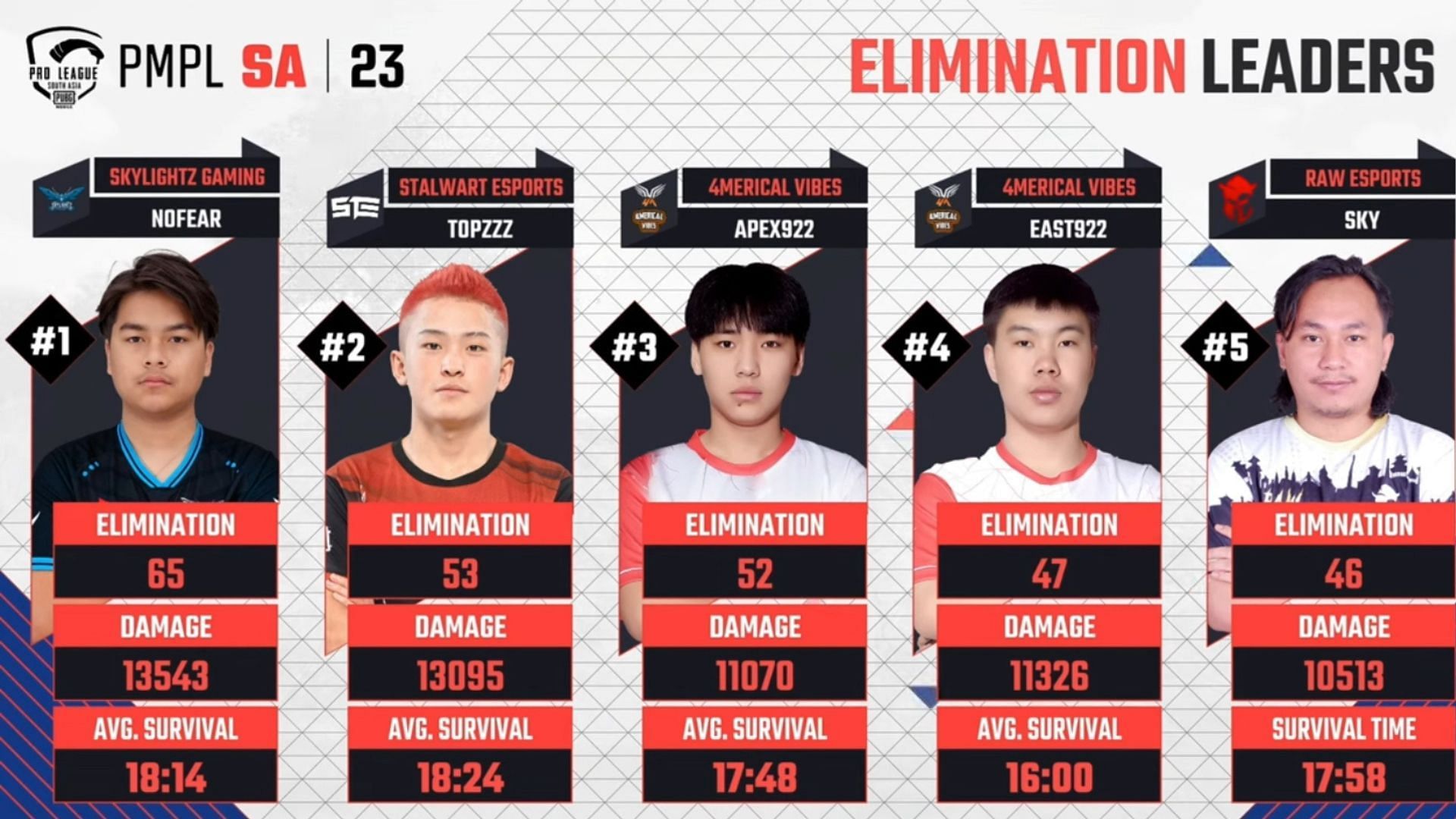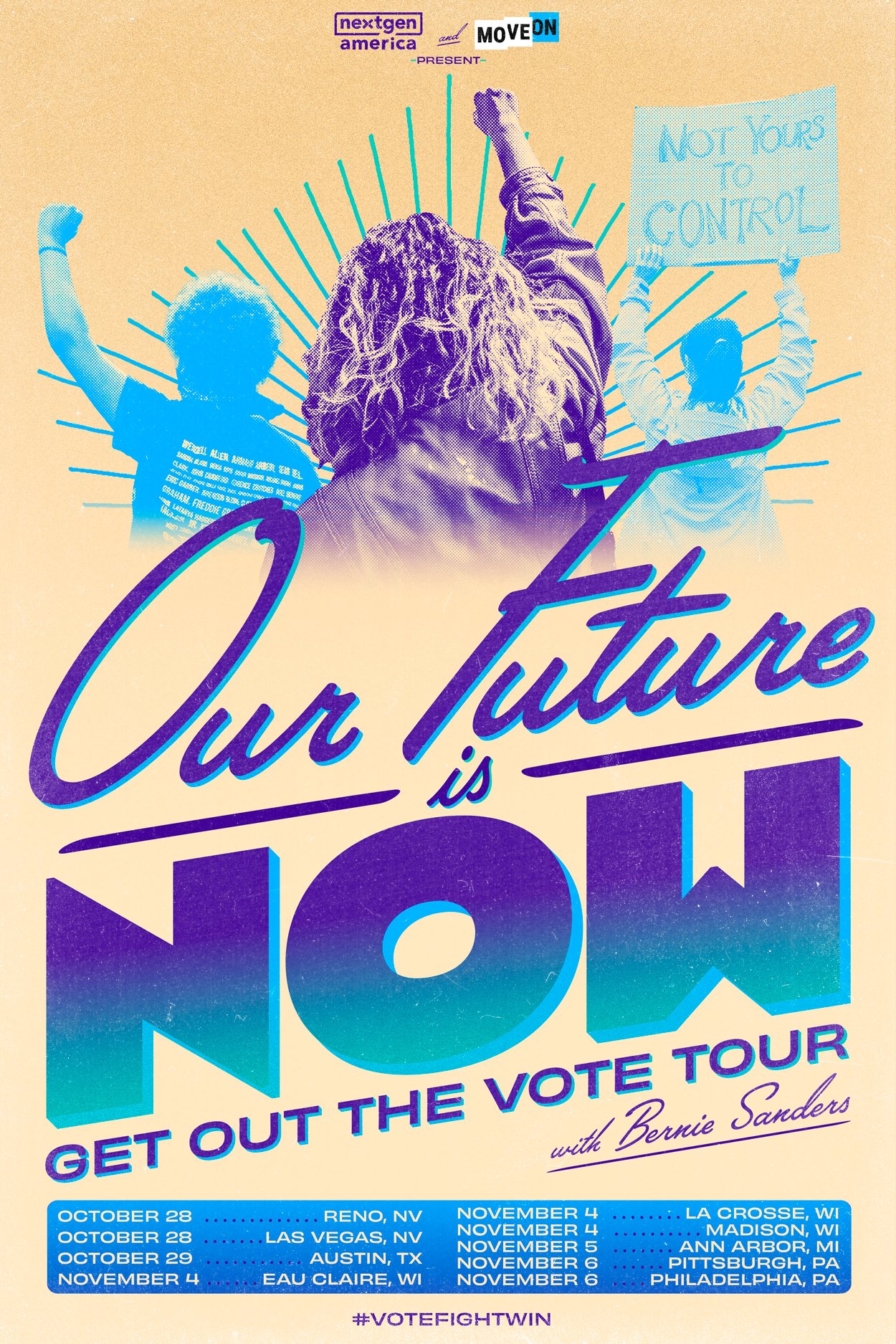We decided to approach the Supreme Court (SC) for marriage equality late last year. The decision to put ourselves and our families in the public eye — an eye whose gaze is often cruel — was not an easy one.

So why did we?
We have known each other for almost 11 years. Our love has seen immense happiness, joy, and laughter, and has been through its share of struggles, pain and doubts. Our shared existence is captured by common Netflix and Spotify accounts, the history of our homes and bank balances traced through grocery lists and guest lists. Our dog, Bombil, the first Dias-Anand, has spent a decade travelling the country with us.
We come from different parts of India with different cultural roots but are more aligned than any two people I know in our values and dreams. And our relationship has been a marriage in every sense but the legal.
We have been lucky to have families and friends that have accepted us. We are grateful that we live a safe and happy life and acknowledge the advantages of being accepted by those close to us. But it hasn’t always been easy. The life of an LGBTQIA+ Indian comes with challenges of all scales.
We always face curiosity about the nature of our relationship. We answer with what we call an inner filter of fear — a safety mechanism through which we decide who we think will accept us as a couple. We have learned when to be honest about our relationship and when to be silent. After over a decade of life together, we have no paperwork or proof of anything but perhaps a business partnership. Government IDs, tax returns, bank statements — none of these tell our story. All that remains at the end of every year is an account receivable and payable against each other’s names.
To everyone who knows us, we represent one united front. But the truth is we have no joint personal assets, no joint health insurance and are not nominees on each other’s life insurance. At the peak of the pandemic, I needed to be rushed to the hospital and was taken by my closest family member, Aditi. As we faced one of the most traumatic days of our lives in that hospital, we were subjected to the added indignity of having to explain to every orderly, nurse and doctor what our relationship was.
The interesting, if a little, sad truth is that we have learned how to handle these situations. Like many LGBTQIA+ Indians, we know how to adjust our realities to the situations we are in. Through this ingrained filter of fear, we know how to get things done and how to manage our expectations of legal rights.
So, why did we petition?
We are parents to a baby boy who is too young to understand the machinations of the world. In his limited vocabulary and infinite wisdom, he has happily accepted us: His amma and his mama. He doesn’t yet know that, legally, only one of us is his parent.
He lives as only a child can, untouched by worries and surrounded by the love of a big family. Our families and friends have embraced their roles as nana, nani, aaba, masis, mamas, kakas, uncles and aunts. For all that’s said about Indian society not being ready to accept a same-sex family, our son has received love and acceptance from people who neither come from privilege nor are beholden to accept us for any reason. From our neighbours and our vegetable vendors to our chartered accountant, we often joke that our son has more self-appointed grandparents and godparents than anyone we know. To us, this is our society and this is social acceptance in the most uniquely Indian way possible.
But what happens when our child is older? Will we teach him our filter of fear? Will we teach him which box to check and which last name to mention while filling out forms? If our child was ever required to minimise our role in his life or deny our relationship, for convenience or fear, our hearts would shatter. We live in constant fear that should he ever need urgent medical care and only one of us is in the hospital with him, we would not be allowed to make medical decisions for him.
Of all the things we want to pass on to our child, our fear is not one.
This is why we petitioned.
We are proud Indians. One of the many things that drew us to each other was our love for our country. Both of us tear up every time we hear the national anthem, watch the annual Republic Day parade without exception, and share dreams of our child representing India in sport as we cheer him on from the stands. India is our home by birth and by choice.
In petitioning the SC for marriage equality, we are asking this nation we love for our right to live our lives with dignity. And for our son to live in a country where his mind is without fear and his head is held high.
Aditi Anand and Susan Dias live in New Delhi
The views expressed are personal



